Things Always Seem to Get Worse, Always Have, Always Will
AWM #96: Even when things are actually getting better! 👑
Imagine a world that got neither better nor worse on the moral dimension, ever.
This will be difficult if you imagine yourself as part of that world, so imagine that you’re watching from the outside, as a God. You have a divine Computer Monitor on your divine Desk, from which you can look at whatever the humans do. Next to the computer, you have a Holy Book that no mortal can ever read; it fully specifies the ethical system of the world. A millennium ago, when you had a bit of free time, you coded a little divine Script based on the data in the Holy Book. The Script calculates the aggregate of the people’s morals at any given moment, allowing you to monitor how moral the entire population has been over time.
And the results are pretty clear: sometime in the past 500 years, the world seems to have reached some kind of equilibrium. There are never any big deviations in total morals. No moral progress, no moral decline. Individually, sure, people can become more or less ethical. Socially, their cultures evolve; they acquire new values, they get rid of old ones. In fact, they debate morals constantly. Of course, they can’t read the Holy Book, so they’re always just guessing — and this creates a dynamic world, with a lot of fascinating cultural change. But it never makes a difference, morally.
For example, 75 years ago, most countries adhered to a particular economic system that had some consequences on equality and wealth (you don’t know or care about the details). Then, after a bunch of revolutions, they mostly switched to another system that they currently consider far more ethical than the previous one. But if you divinely Tabulate all the data and compare it to the sole divine Truth in the Holy Book, the world under that system is exactly as moral as the world that preceded it.
You’re not quite sure why they’re not making moral progress — there’s still plenty of suffering in the world. Maybe they reached some kind of optimum on a tradeoff curve. Whenever they try to make something better, something else becomes worse.
It might be a Law of the Universe that is above even you.
Now let’s dive back into that world. You’re not a God anymore, but just a regular person, trying to be the best version of yourself without knowing that the universe has been morally static for 500 years.
You have some values. Maybe you value republicanism, economic equality, punishing murderers, being nice to your friends, and expensive oolong tea. Intellectually, you accept that some other people may have different values (like those weird people who prefer coffee to tea, or those strange monarchists who favor a different political system), but of course you think your values are the best. Otherwise they wouldn’t be your values.
Still, sometimes, your values change. After a bunch of recent political scandals, there have been increased calls to reinstate the King in order to ensure more stability. As a republican, you disagree, of course, but… Well, the more you’ve been thinking about it, the more it makes sense. Maybe. It’s possible that one day you’ll wake up as a monarchist. And if enough people do, then the King might be back, and society will change.
(Of course, we know from the Holy Book and the Script that this won’t affect the moral landscape of the world at all.)
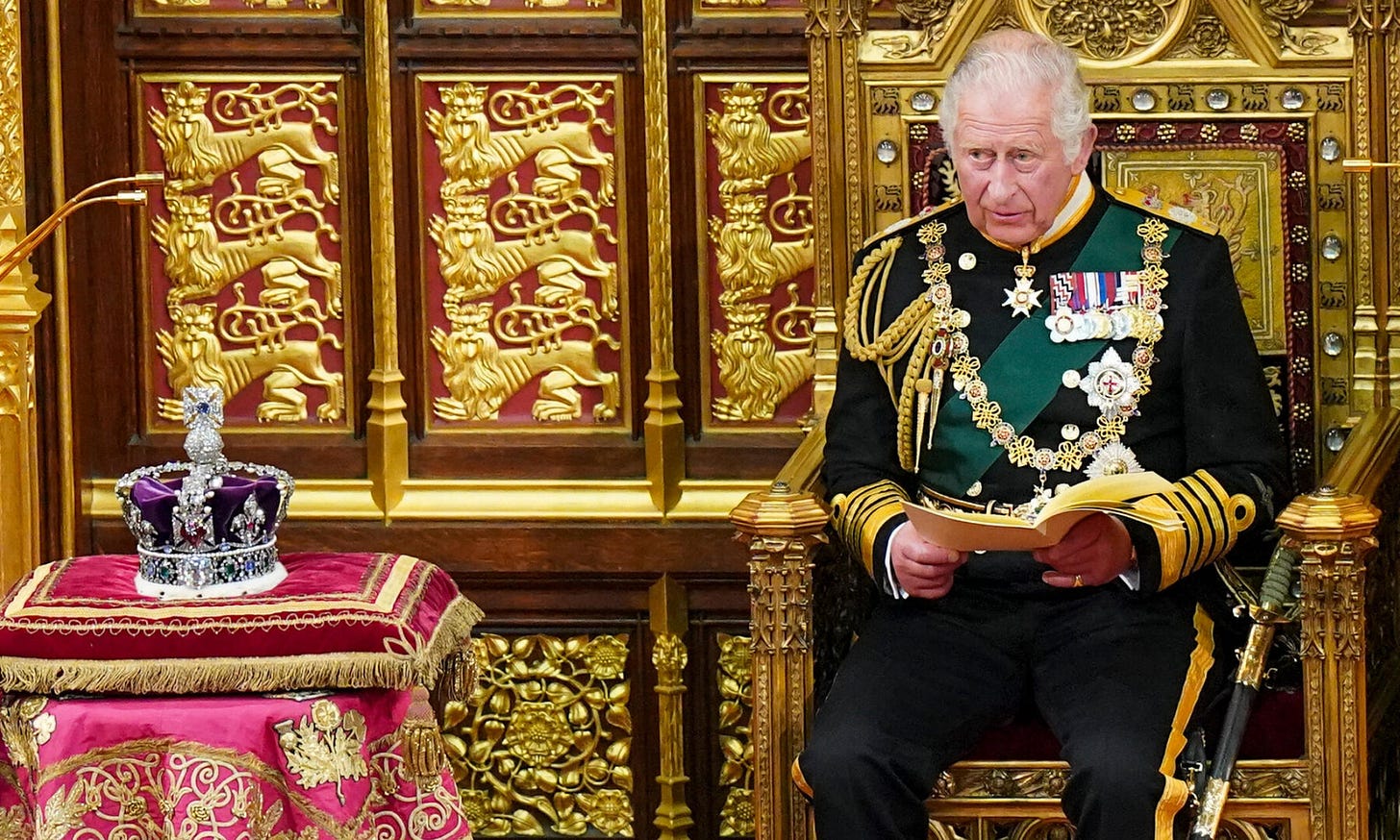
Suddenly you shake your head in disbelief. A king? In this country?! No way that this would be a good idea. You are a staunch republican, and you shall remain so. What’s next? Will society give up on expensive oolong tea and start drinking more coffee??
It’s kind of weird to think that society could change, and even that you could change, and yet think, at the moment, right now, that it would all be bad change. But then again, of course it would be! Your current values are the best, necessarily!
You’re not opposed to change, in principle. But you need to be convinced. The change would have to be clearly good. It would have to clearly improve the world.
Which, as God knows, it won’t.
We now leave this toy world, momentarily, and consider our own. The world is changing. Fortunately, we don’t have any reason to think that we’re morally static, so we can evaluate whether the changes are overall positive, neutral, or negative.
What do we think?
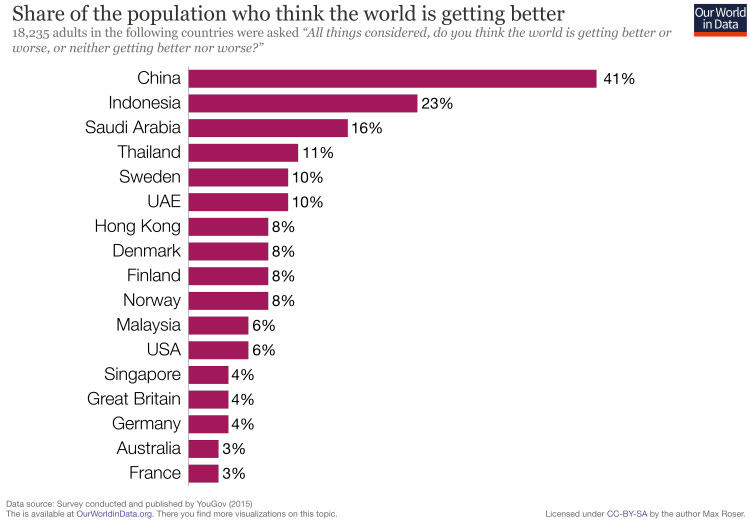
Well.
This is only a sample of countries, but the results are pretty damning. Most people anywhere think the world is not getting better. It’s worth emphasizing that although China looks incredibly optimistic compared to the other countries, 41% is still a minority. And this is in a country that has known incredible economic growth in recent years! In rich countries, almost everyone — more than 90% — believes that things are not getting better.
The Our World in Data page where this chart is from points out that this is wrong. The world has actually been getting better across most measures, like extreme poverty and child mortality, even though most people don’t know this — and the trend should continue. We could quibble on what exactly it means for the world to get better (some may argue that impending ecological catastrophe negates all the progress made on other fronts), but we’re decidedly not in quibbling territory with numbers such as 3% of optimistic people in Australia or France.
In other words, this is not the picture of a world in which people have looked at the data, thought about it, and made a call on how much moral progress was made. This is the picture of a world in which, by default, almost everyone hates change. The only ones who kinda don’t — and only kinda — are those living in countries where wealth and standards of living have been noticeably rising.
So what’s going on?
In the toy world, we postulated that moral progress was not a thing. All change in that world is morally neutral. It’s just… random. Ripples of culture on the unchanging ocean of ethics.
Whenever social change occurs, some people will be happy about it, because their own individual values become harmonized with the values of their society. (They’ve been monarchists forever, and now, at last, there’s a king!) Others will be unhappy, because their values used to be harmonized with society, and now aren’t. (They’re republicans, they lived in a republic, and now all of a sudden it’s a kingdom.) Since we assume that the change is in fact morally neutral, the question is: does the change make more people happy or unhappy?
On one hand, we could argue the effect is positive, because if the change actually happens, it must have been desired at least by a sizeable part of the population. On the other hand, that “sizeable part of the population” is probably still a minority in most cases. People are usually quite content with leaving things as they are. They’re used to it. Only small groups tend to be motivated enough to change things. When the change occurs, the majority may feel rushed into it and be rather unhappy about the whole thing, at least until they have adjusted.
In other words, I suspect that the vast majority of people are naturally conservative. (In a broad philosophical sense, not necessarily in the political one.) Their values are pretty similar to those of the society that they have been living in, and any deviation from those will tend to be interpreted as negative.
Meanwhile, those who actually desire change aren’t necessarily in a better spot. The problem is that there are infinitely many potential changes. We simplified the political situation in our toy world as republic vs. monarchy, but in practice it might be republic vs. monarchy vs. anarchy vs. totalitarian dictatorship vs. direct democracy, etc., with a thousand nuances on the exact implementation details of any given system, and many unpredictable consequences on literally everything else… So even if you desire change and change occurs, chances are that it’s not exactly the kind of change you wanted.
And that’s just the choice of regime. The are other choices to be made on everything else. Even if you desire change, and the change that occurs is something you’re satisfied with, it’s almost certain that that won’t be the case for some other change (or lack thereof).
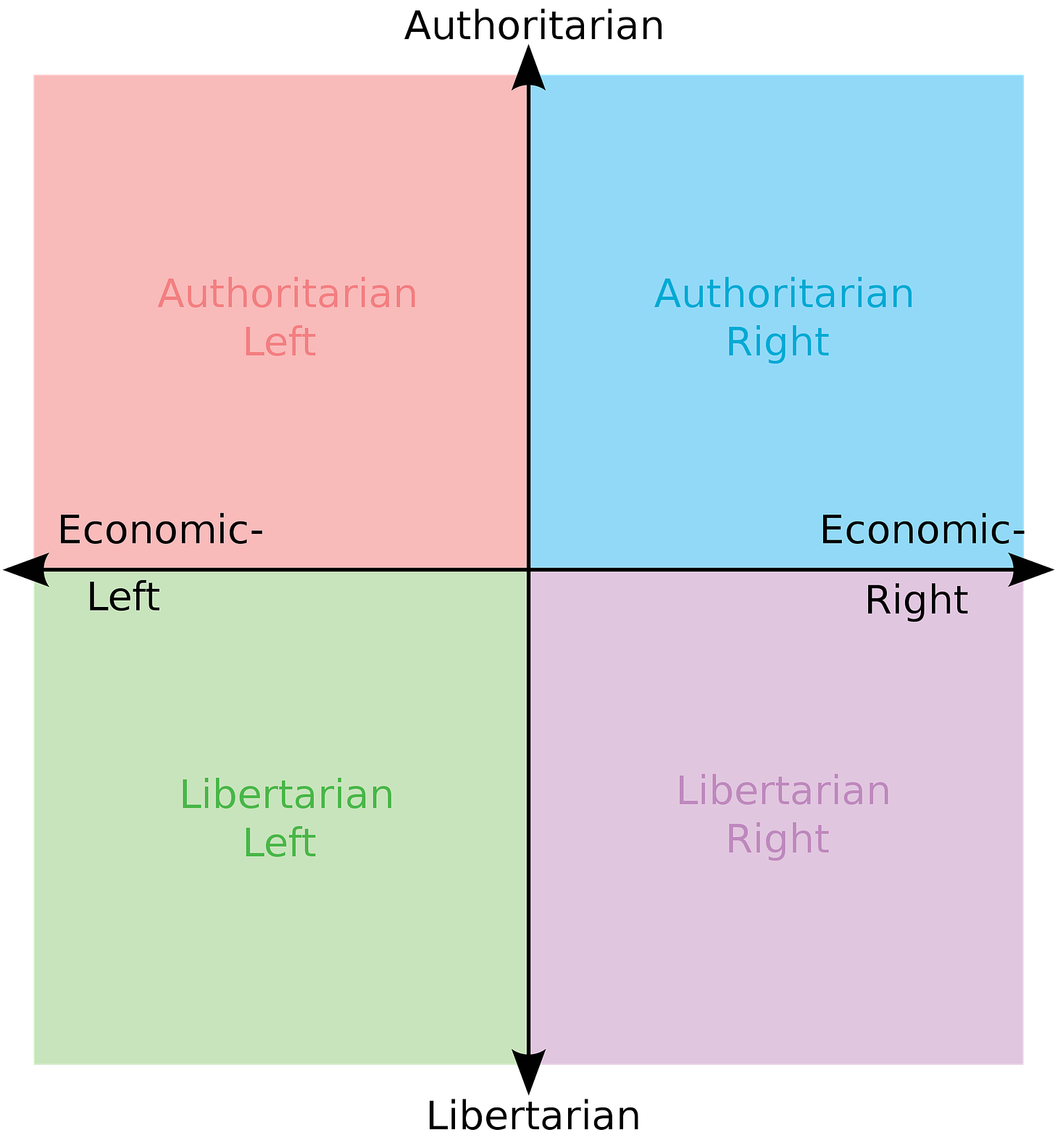
As a result, most people are pessimistic. They don’t think things are changing for the best. And since we assumed that no progress is possible, in this world, they’re right.
In our world, progress is possible. (At least, I’m pretty sure.) Occasionally, progress becomes starkly visible. This happens in times of great economic growth, as in China. People get richer, their lives improve, they have more opportunities, and so on. It’s hard not to be optimistic when your life becomes visibly better! In Western countries, such optimism probably also happened in times of great growth in the past, for example in the decades after World War II.
(Economic progress is perhaps not exactly the same thing as “moral progress,” but I’d say that they’re pretty well correlated: being wealthy is better than being poor.)
But by default, progress is not really visible. You see it when you crunch the data. You see it when you study history and compare the past and the present. But in daily life? We mostly see the random ripples of a changing culture: new political trends, new moral panics, new intellectual fashions.
Some of these may be signs of real moral progress, but there’s no way to be completely sure. And the ripples are annoying to most of us, because they challenge our values. They offer change where no change seems necessary (a republic works fine, why would we want a monarchy?), or they offer the wrong kind of change (I hate republics, but I never agreed to have a king!). So it’s easy to dismiss them and think that things are getting worse.
In the imaginary world where progress doesn’t happen, that attitude isn’t far from the truth. In ours, it’s an illusion.
But it’s a powerful illusion, and one that I suspect has almost always been strong. There’s a cliché that older people have complained about younger people at least since Socrates, who purportedly said (but almost definitely didn’t):
The children now love luxury; they have bad manners, contempt for authority; they show disrespect for elders and love chatter in place of exercise. Children are now tyrants, not the servants of their households. They no longer rise when elders enter the room. They contradict their parents, chatter before company, gobble up dainties at the table, cross their legs, and tyrannize their teachers.
(Imagine having a child who crosses their legs. Such decadence!)

The likely truth is, almost everyone, always, everywhere, has felt threatened by cultural change. And the future will be no different. Periods of fast growth are short and unsustainable, and so most humans, no matter what time period, will end up feeling that things are getting worse. Those 41% optimistic Chinese people are an exception; they’ll join the others in the sub-10% zone soon enough.
Superficially, this might seem depressing. But when you think about it, it means that almost everyone has lower expectations than reality. Things are, in fact, getting better, and unless we mess up catastrophically, they’ll keep improving. So, either you’re already in that 3-10% of optimistic people who actually have a good understanding of how the world really works; or, like most people, you’re not — and that means that you’re in for a pleasant surprise when you do realize it.
You’ll still be annoyed by the random cultural changes that ripple through your society, of course. The younger generations are always going to be annoying. The politicians will always propose change that you disagree with. But if you can recognize that the world is improving despite all of that, you and everyone around you is going to have a much better time.


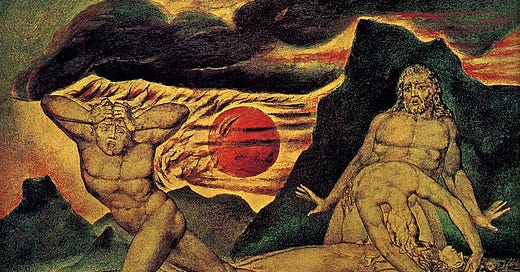


![The G copy, Morgan Library & Museum[6] The G copy, Morgan Library & Museum[6]](https://substackcdn.com/image/fetch/w_1456,c_limit,f_auto,q_auto:good,fl_progressive:steep/https%3A%2F%2Fbucketeer-e05bbc84-baa3-437e-9518-adb32be77984.s3.amazonaws.com%2Fpublic%2Fimages%2F7f123dde-d162-44cb-8d61-7b7b370bac01_663x911.jpeg)

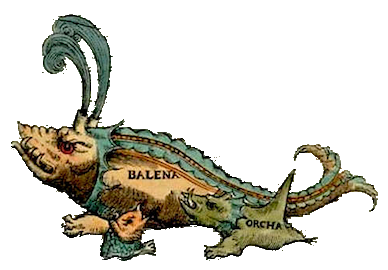



I don't even have opinions or anything clever to say. I just wanted to do better than like this article, I wanted to "whoa" it:
WHOA.
As the saying goes, truth is not a matter of consensus. Things are getting better, and it doesn't matter what polls claim. Nice article.